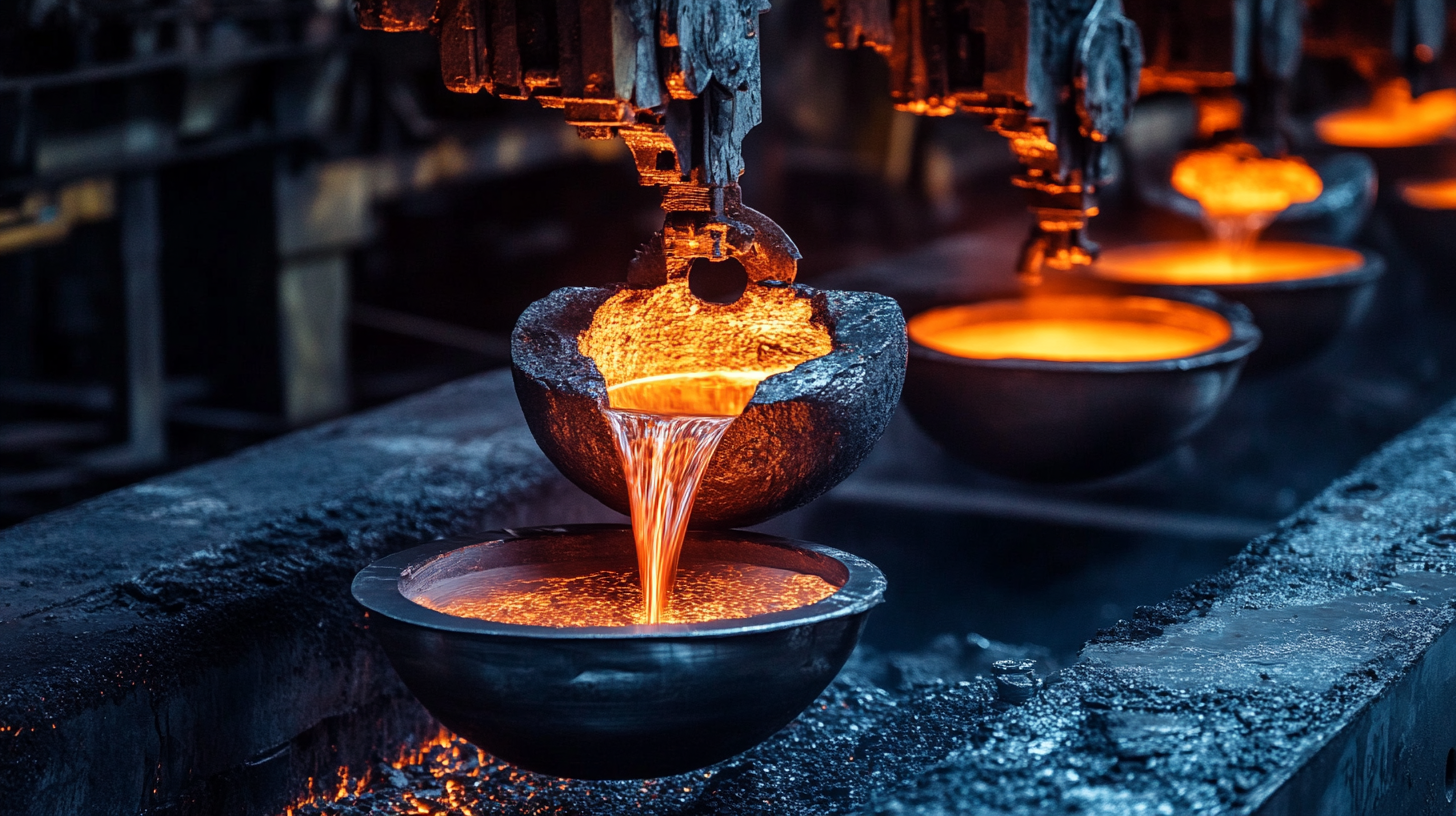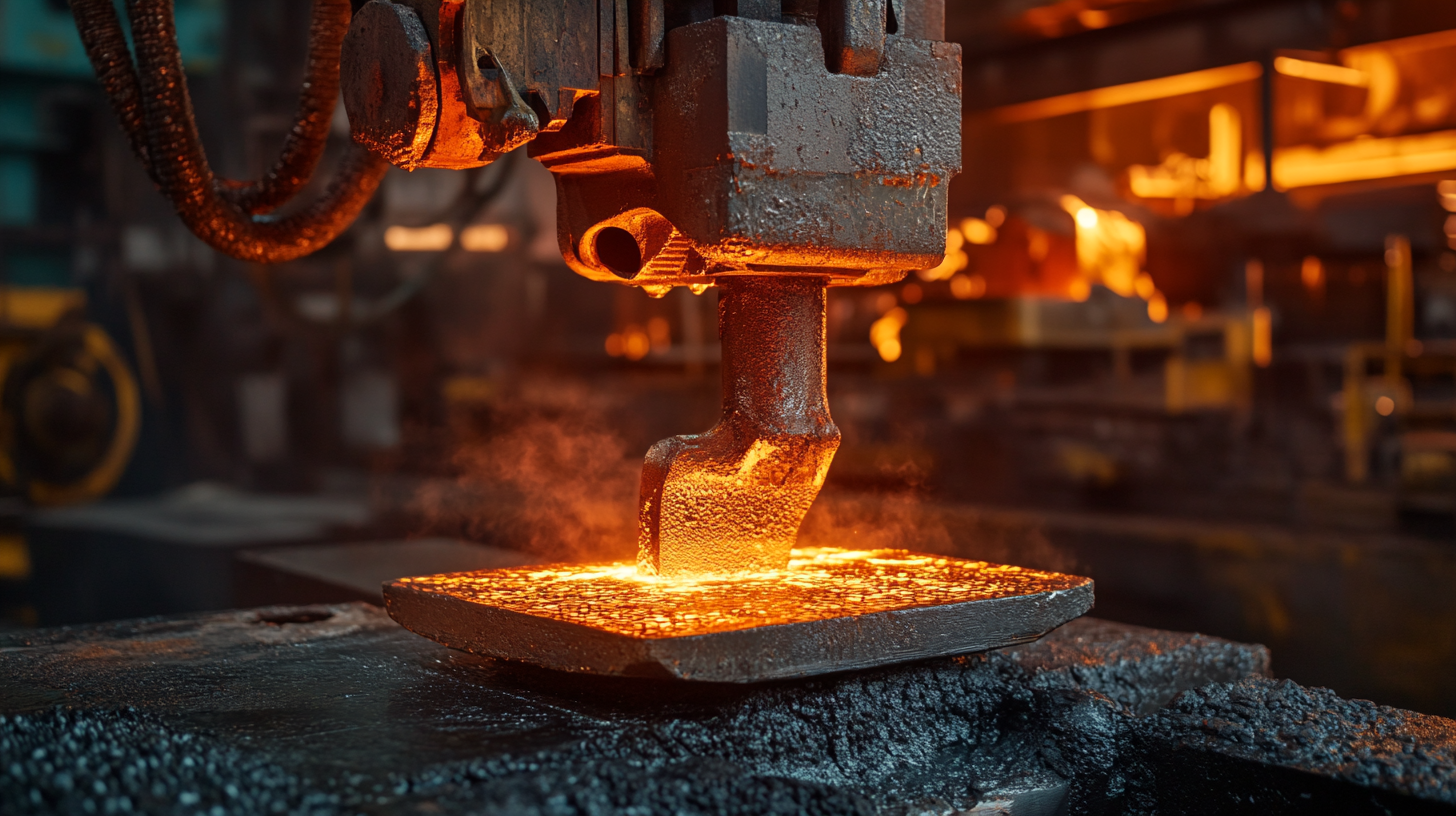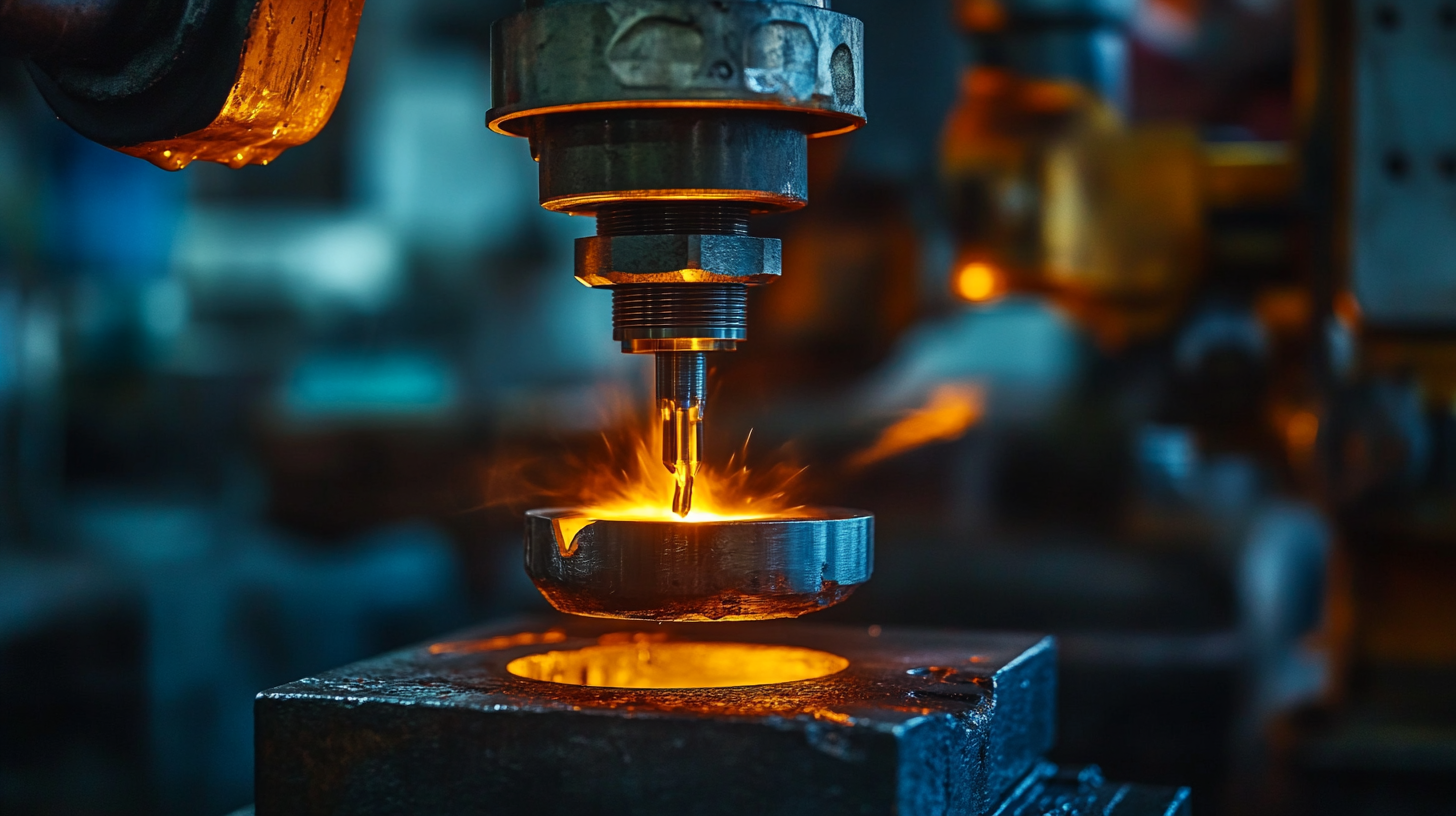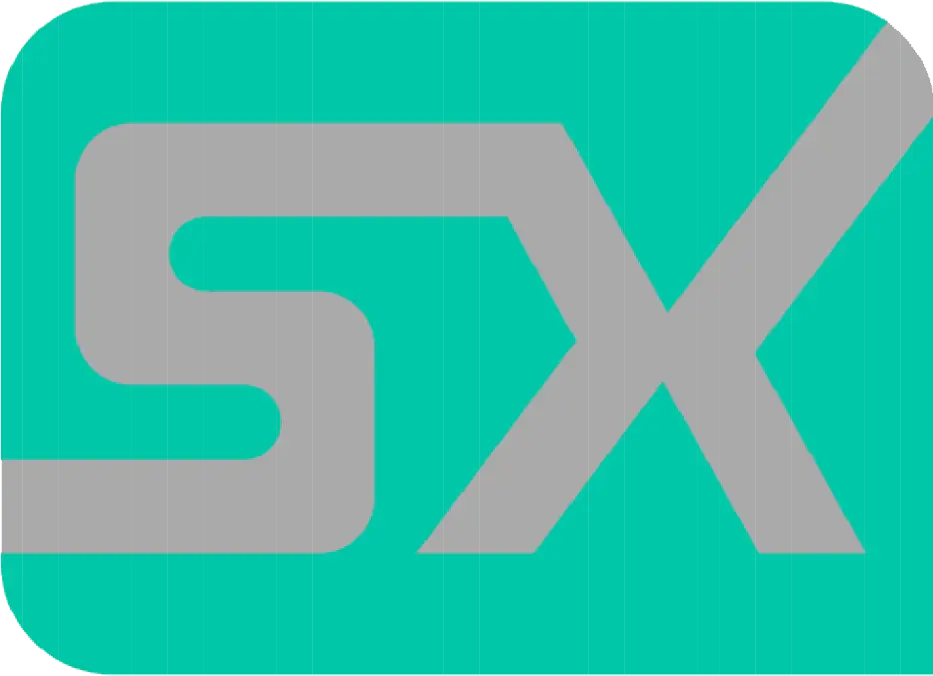 +86 180 0293 5268
+86 180 0293 5268






In the highly specialized world of manufacturing, Precision Investment Casting has emerged as a pivotal method for producing intricate metal parts with exceptional accuracy and surface finish. According to a recent industry report by Grand View Research, the global investment casting market is expected to reach $25.3 billion by 2025, driven by the growing demand for lightweight and complex components across various sectors, including aerospace, automotive, and medical devices. As businesses increasingly rely on advanced precision casting techniques, selecting the right supplier becomes crucial for maintaining product quality and operational efficiency. This blog aims to provide an ultimate checklist for choosing the best Precision Investment Casting supplier, ensuring that manufacturers make informed decisions that align with their specific production needs and quality standards.

When selecting a precision investment casting supplier, quality standards and certifications play a crucial role in ensuring that you receive parts manufactured to the highest specifications. According to the investment casting industry report by MarketsandMarkets, the global investment casting market is projected to reach USD 22.41 billion by 2027, underscoring the importance of partnering with suppliers that adhere to rigorous quality benchmarks. Critical certifications such as ISO 9001 and AS9100 signal a supplier's commitment to maintaining quality management systems, while certifications specific to materials, like ASTM or AMS, can further validate a supplier's expertise in producing high-quality components.
Tip: Always request documentation of certifications and perform due diligence by checking if the supplier's quality management systems are regularly audited. A reliable supplier should transparently provide this information and describe how their processes align with the industry standards.
In addition to certifications, it is vital to evaluate the supplier's adherence to quality control processes. According to a recent survey by the American Foundry Society, 75% of manufacturers cite quality defects as a primary concern affecting their production timelines. Ensuring that your chosen supplier employs statistical process control (SPC) and has a robust inspection and testing protocol can prevent costly errors in your supply chain.
Tip: Consider supplier performance metrics and customer testimonials when assessing their reliability. This information can provide insights into their capability to meet your quality expectations consistently.
When selecting a precision investment casting supplier, the role of material selection cannot be overstated. The material chosen not only influences the mechanical properties and performance of the final product but also affects factors such as cost and manufacturing efficiency. According to a report by the American Foundry Society, over 60% of casting defects can be traced back to inappropriate material selection, highlighting the critical nature of this decision in the casting process.
Specific alloys like stainless steel, aluminum, and nickel-based superalloys are frequently utilized in precision investment casting, each offering unique benefits. For instance, aluminum alloys exhibit excellent machinability and lower density, making them a preferred choice for lightweight applications in the aerospace industry. A study by the Defense Advanced Research Projects Agency (DARPA) illustrates that components made from aluminum alloys can reduce overall aircraft weight by nearly 30%, significantly enhancing fuel efficiency. Additionally, stainless steel is renowned for its corrosion resistance and mechanical strength, making it a staple in the production of automotive and medical components.
Choosing the right supplier means ensuring they have extensive expertise in material properties and processing techniques. A supplier's ability to recommend the best material for a specific application based on real-world performance data can substantially impact your project's success. Collaborating with a knowledgeable casting supplier can lead to innovations in design, improved product quality, and ultimately, increased competitiveness in the marketplace.
When analyzing a precision investment casting supplier's manufacturing capabilities, the focus should be on equipment and technology. The semiconductor industry illustrates a crucial trend where the evolution of technology is directly tied to the machinery used. Suppliers should be evaluated based on their ability to adopt modern equipment that enhances manufacturing efficiency and maintains high standards of quality. This is essential, particularly in sectors where precision and accuracy are paramount.

Furthermore, recent developments in manufacturing, including support for digital technology and collaboration with academia, indicate the industry's movement towards smart manufacturing. It's vital to consider suppliers that are not only upgrading their existing machinery but are also investing in new technologies that enable digital transformation. As companies seek to navigate supply chain challenges, identifying suppliers committed to technological innovation and robust equipment can significantly impact overall project success.
 When selecting a precision investment casting supplier, assessing lead times and production flexibility is paramount for effective supply chain management. Recent industry reports indicate that suppliers with shorter lead times can significantly enhance a company's responsiveness, reducing overall production time by up to 30%. This advantage allows manufacturers to adapt quickly to market demands and customer preferences, ultimately improving their competitive edge.
When selecting a precision investment casting supplier, assessing lead times and production flexibility is paramount for effective supply chain management. Recent industry reports indicate that suppliers with shorter lead times can significantly enhance a company's responsiveness, reducing overall production time by up to 30%. This advantage allows manufacturers to adapt quickly to market demands and customer preferences, ultimately improving their competitive edge.
Production flexibility is another critical factor to consider. A supplier that can accommodate varying order sizes and product specifications not only meets immediate production requirements but also supports long-term business growth. According to a 2022 survey from the Precision Metalforming Association, 68% of manufacturers prioritize suppliers that can provide versatile production capabilities to manage fluctuating demands. This flexibility is essential in today’s fast-paced market, where the ability to pivot quickly can determine a company's success. Thus, when evaluating potential suppliers, it is crucial to analyze their production systems and lead time commitments to ensure alignment with your operational goals.
When selecting a precision investment casting supplier, one of the key considerations is the cost analysis, which involves a careful balancing act between price and quality. According to the 2022 Precision Casting Market Report, the average cost of investment casting components ranges from $3 to $30 per part, depending significantly on material, complexity, and production volume. However, opting for the lowest bidder can lead to increased long-term costs related to product performance and reliability. In fact, a study by the American Foundry Society found that quality-related defects can result in up to 20% of total manufacturing costs, underscoring the importance of prioritizing quality over just price when selecting suppliers.
Moreover, the same report highlights that high-quality casting suppliers typically offer improved precision and consistency, reducing the need for post-processing and effectively saving time and money in the overall production cycle. It is essential for businesses to evaluate suppliers not only based on their quoted price but also their past performance metrics, such as defect rates and on-time delivery statistics. Investing in a supplier with a proven track record may incur higher upfront costs but can lead to substantial savings and enhanced product performance in the long run. As the market continues to evolve, a strategic approach focused on cost analysis will remain crucial for manufacturers seeking to thrive in the competitive landscape of precision investment casting.
| Supplier Criteria | Quality Rating (1-5) | Cost per Unit ($) | Lead Time (Weeks) | Certifications |
|---|---|---|---|---|
| Supplier A | 4 | 75 | 6 | ISO 9001, AS9100 |
| Supplier B | 5 | 85 | 4 | ISO 9001, TS16949 |
| Supplier C | 3 | 65 | 8 | None |
| Supplier D | 4 | 90 | 5 | ISO 9001 |
| Supplier E | 5 | 80 | 3 | ISO 9001, API |
